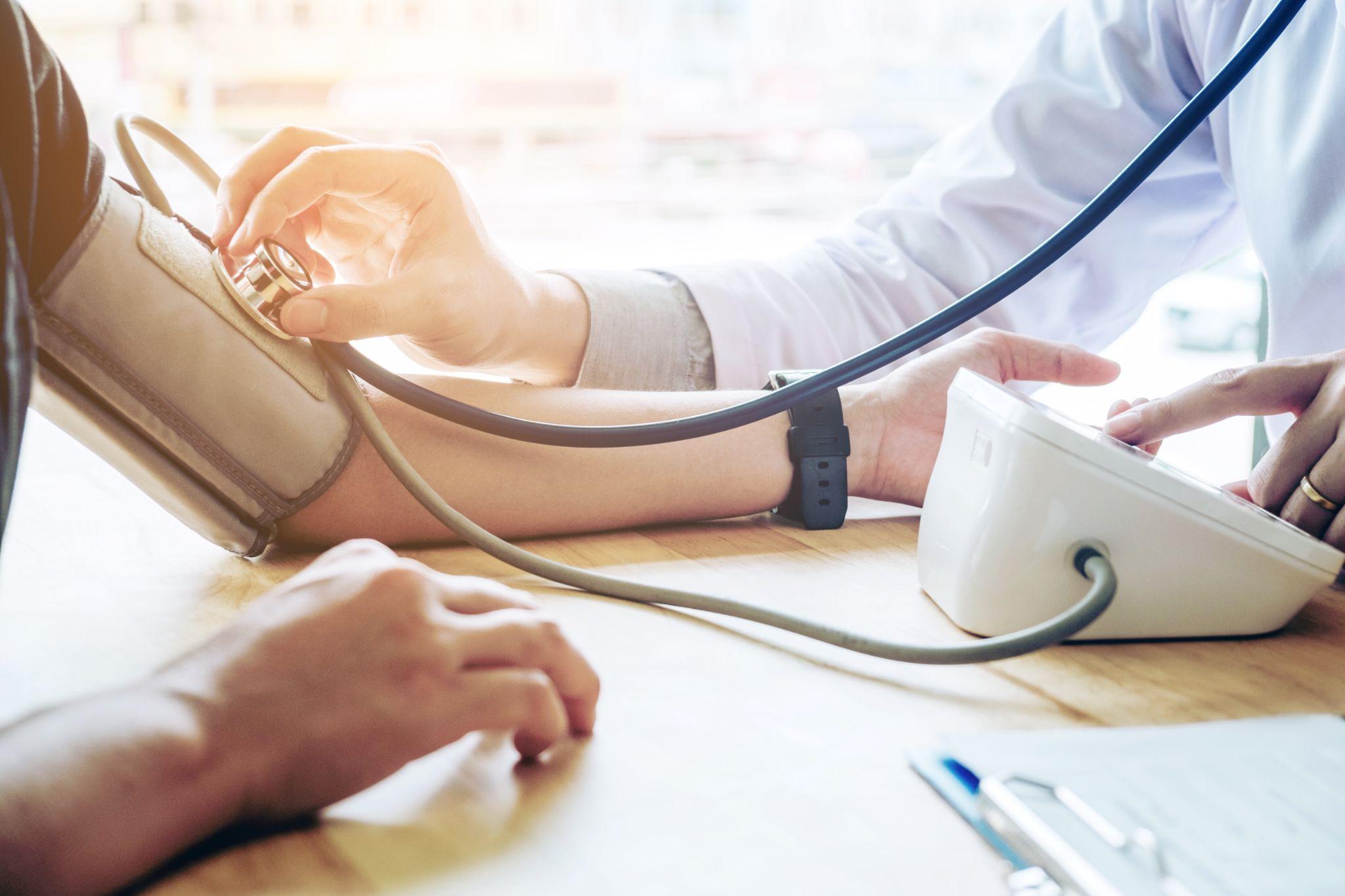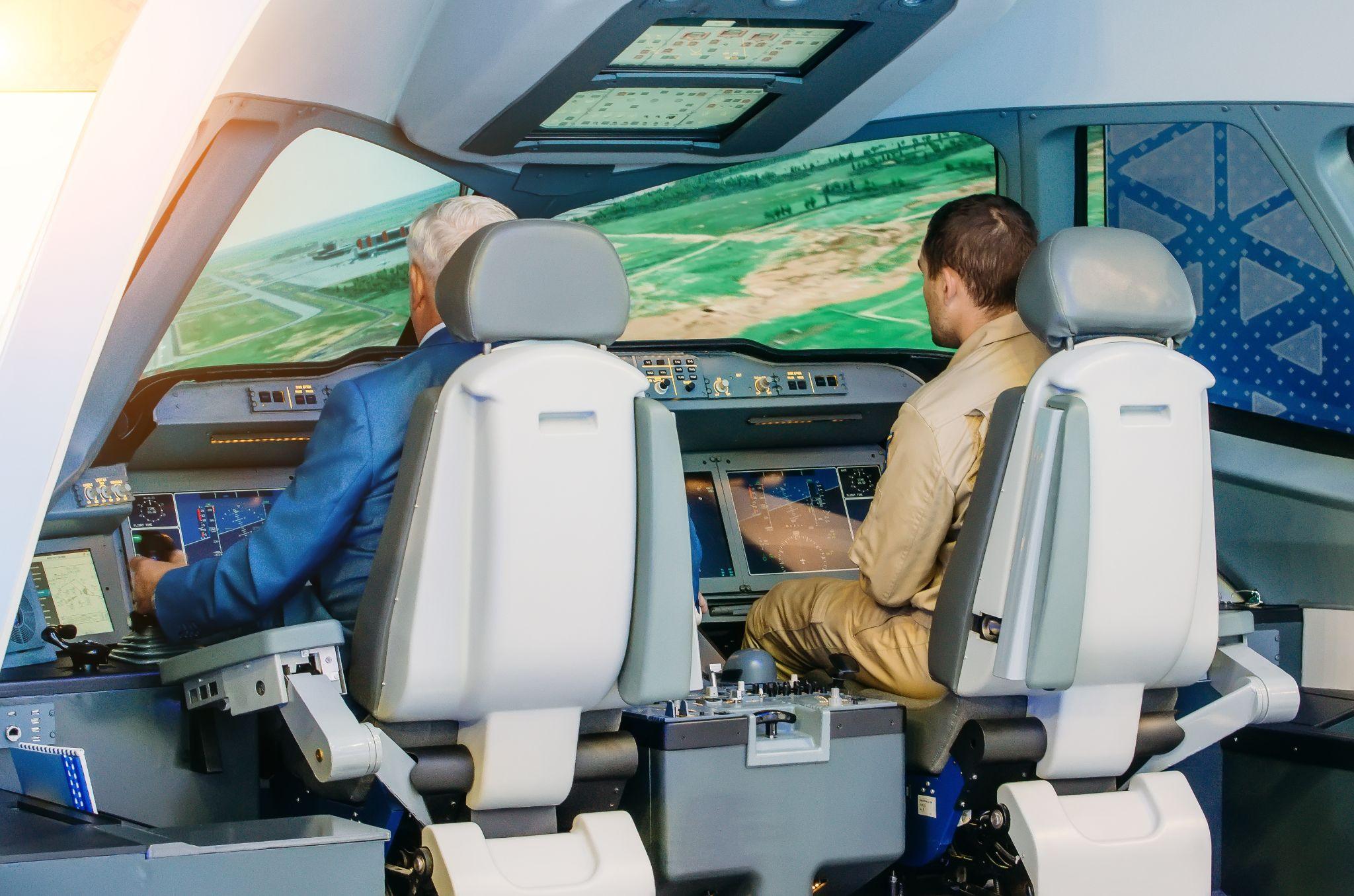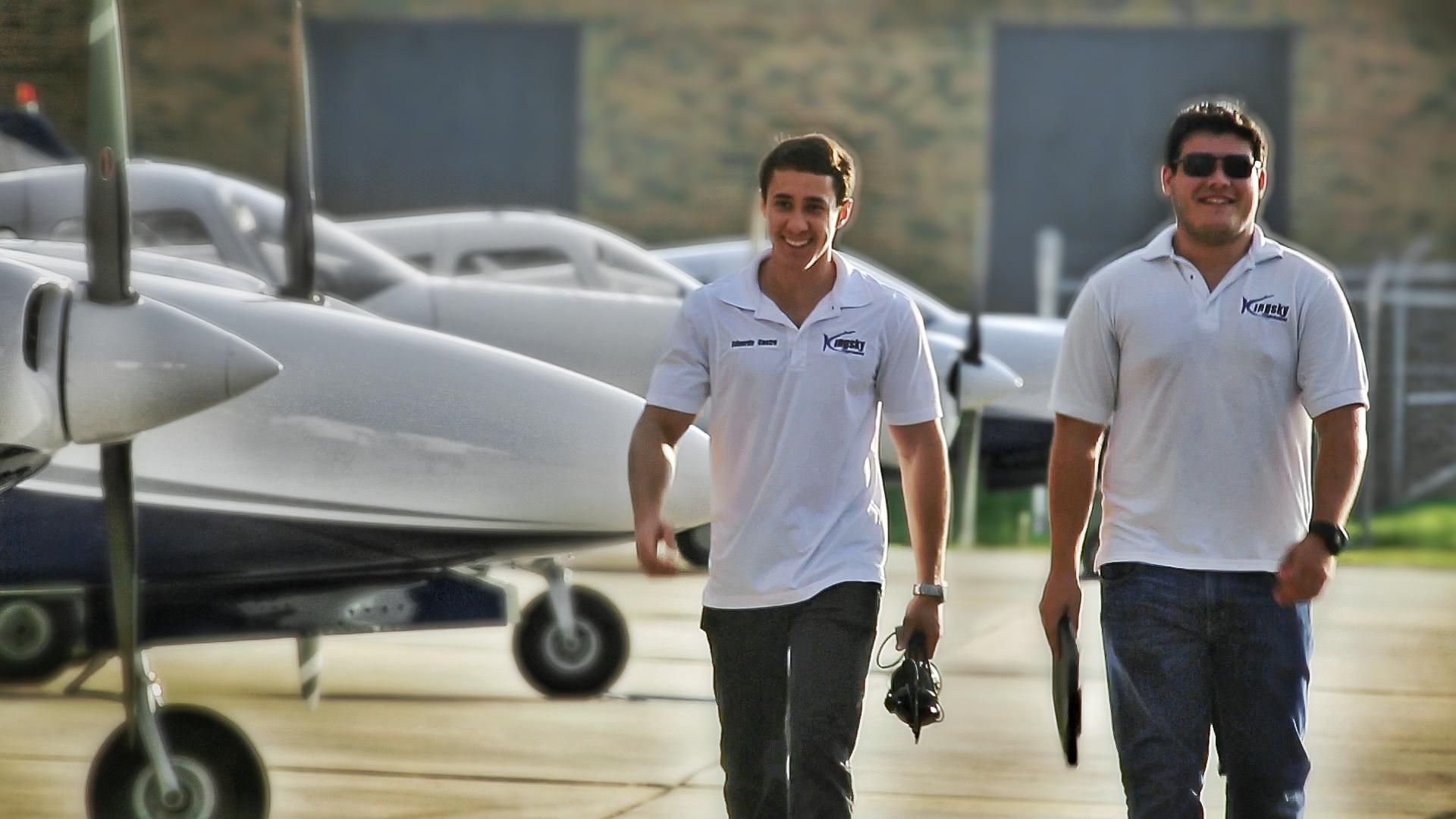What schooling is required to become a pilot? The answer to this question depends on what kind of pilot you wish to become. If you want to become a professional pilot, you will need FAA approved pilot training and to graduate through the same basic training as private and commercial pilots. Let’s look into the requirements to be a pilot from the most basic pilot jobs to a full-blown airline pilot career.
Medical Requirements to Become a Pilot

To fly anything faster than an ultra-light, you will need a medical certificate from an FAA-designated Aviation Medical Examiner, or AME.
- To become a recreational or private pilot, you will need a third class medical certificate.
- To become a commercial pilot you will need a second class medical certification
- To become an Airline Transport Pilot, a first class medical certificate is required.
Certain medical conditions might put your plans to become a pilot on hold, so it is a good idea to get your medical certification as a student pilot before you invest heavily in flight training with the goal of flying for a major airline. These exams test your hearing, sight, and the ability to see color, and they clear you of serious medical conditions that could put you or your passengers at risk during flight.
Flight Training and Airman Certification Requirements

You can become a pilot with no previous experience, and you don’t need to own your own plane. The flight training requirements and FAA flight time requirements level up as you complete each step of your pilot career path.
Earn Your Private Pilot Certificate
Starting from ground level, you can earn your private pilot certificate in a rented single engine plane at an FAA-approved flight academy. Your chosen flight school can help you obtain the student pilot certificate you need to get started.
Focusing on the fundamentals of flight and pilot safety, this first stage of training includes at least 35 to 40 hours of flight time. You will need to pass a written test and practical exam known as a check-ride to obtain your Private Pilot Certificate.
As a private pilot, you cannot carry paying passengers or cargo, so, to be a professional pilot, you will need your commercial pilot license.
Add Instrument Rating to Expand Technical Skills
At night or in bad weather, pilots must use instruments to stay on course. Instrument rating training programs teach you the skills you need to fly through clouds and navigate during a night flight. Additional focus on managing emergencies and operating modern aircraft instrumentation rounds out your skill set and prepares you for becoming a commercial pilot.
Complete Your Commercial Pilot Certificate
In order to be paid to fly, you will need to go on to earn your Commercial Pilot Certificate. In this course you will learn to fly to a higher standard and how to manage passengers. You will need to log at least 250 hours of flight time, and then pass a written exam and practical flight test. Once you have your commercial pilot license you can work doing charter flights for passengers or cargo, and explore many other pilot jobs doing tours, agricultural work, or towing banners.
Become a Certified Flight Instructor
As you gain in training and experience, another way to earn money as a pilot is to get your Flight Instructor Certificate. By completing this step, you are qualified to teach new pilots as you simultaneously gain more flight hours and expand your knowledge.
Add Multi-Engine Rating to Fly Larger Aircraft
To advance in your career as a pilot, you will need to learn how to fly twin engine and multi-engine aircraft. These larger planes can haul more passengers and cargo, travel faster, and allow safer travel into the backcountry, in bad weather, or over water with a backup engine.
Pursue Professional Pilot Experience
After the successful completion of your multi-engine rating, you will need to work in the industry or pursue professional pilot training to gain the necessary hours and experience to apply for an Airline Transport Pilot (ATP) license. In order to fly for a major airline, the ATP certification is required. As you work toward completing the 1500 hours of flight time required to test for your ATP license, you can interview with airlines for a first officer position.

You can also enroll in a full-time professional flight training course, including ground school and jet simulator training, to fast track your path to a position with a regional or national airline. These courses include multi-crew cooperation training in professional crew management, as well as advanced topics and emergency procedures.
Get Your Career Off the Ground Faster
No matter your starting point, you can learn to fly faster and fast track your training with Kingsky Flight Academy. Schedule an exploration flight and see how good it feels to take flight and control an airplane.
Our flight instructors are professionals who have 60 years of experience in all aspects of the industry and can guide your career plans to completion. Get started today to earn your wings at our sunny Lakeland, FL flight school. Whether you are interested in license conversion or starting fresh, our courses can help your career get off the ground faster.
